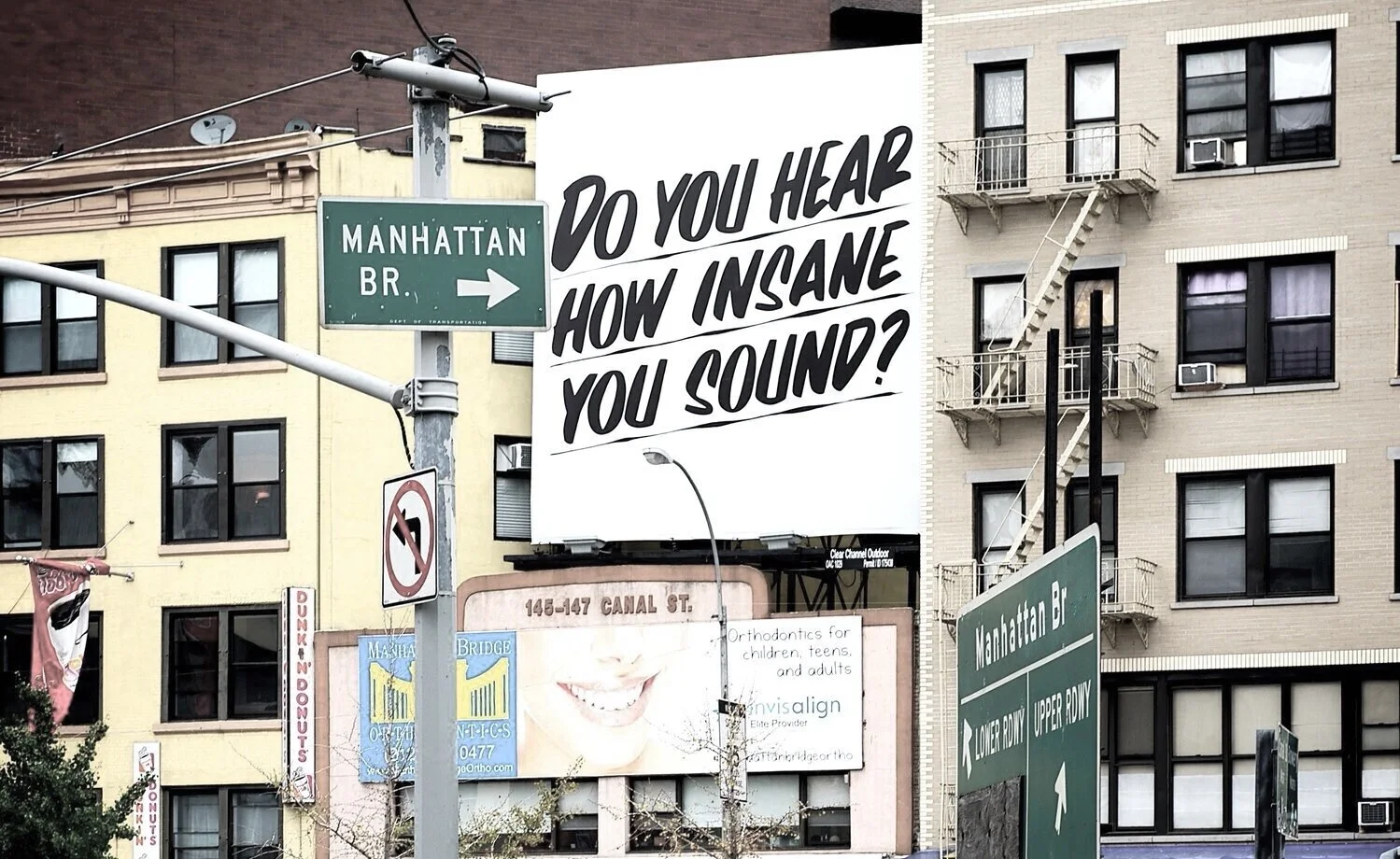Utopia
Home sky: iPhone
“To know oneself is to disbelieve utopia.”
(Michael Novak)
I sometimes wish I could take flight.
Away from difficulty and compromise.
To a place where everything is perfect and we will be just fine.
Relationships will run smoothly, our jobs will be great and our holidays blissful. Businesses will seamlessly serve communities as well as shareholders. Deals would be done and even politicians would agree. We would cleanse our oceans and rivers of plastic, we would arrest climate breakdown and our social institutions would look after us in sickness and old age.
We would flourish and thrive.
Back in 1516, Sir Thomas Moore introduced us to the island of Utopia where he imagined a society that offered equality in governance, economics and justice. Yet though his ideal proved impossible, we still suffer from utopian thinking.
Gurus still line up to sell us perfect solutions to the troubles endured in an otherwise ordinary, every day life; we should all find ecstasy and individuation, we can have it all, life will be rich and rewarding, we just need to reach (or run) a little further.
After a tough few weeks, I notice how my own utopian dreams are exposed as competition, conflict, crises and seemingly unfair commitments still run amok in my life. I realise that I haven’t made much of a contribution to the greater good lately and I’ve all but exhausted myself trying.
The Utopia Syndrome has predictable effects.
And they touch us as soon as we set a goal that is utopian. In that moment, we create a situation where the impossibility of our aspiration is immediately matched by our inevitable incompetence. Of course, we might subtly avoid the demands of the goal by choosing to travel hopefully rather than face the realisation we will never arrive. And, of course, if we are unable to reach an impossible goal (and, hey, we can all achieve anything - just double down and lean in…) then it is someone else’s fault. Society is to blame.
Yet without the underpinning utopian ideal, the reality of our lives might just be bearable. We might take a turn away from impossible perfection, and towards reality and imperfection.
So, I’m no longer on a flight to utopia.
I can accept that life will mostly be rather average. A bit mediocre.
And that’s OK.
In fact, that is perfect. And when we turn to each other, we are all just fine.
Notes:
Have a look at the thoughtful ‘Change: Principles of Problem Formation and Problem Resolution’ by Paul Watzlawick, John Weakland and Richard Fisch. Though it is dated now (1974) it’s wisdom about paradox, and illogical, unreasonable 'solutions’ is a valuable addition to our more conventional thinking.
The lovely thing about the old classics is that you can often pick them up for a few pence/cents. Have a look at Sir Thomas More’s ‘Utopia’.
For an analysis of how utopian ideas ‘shaped the world,’ this BBC Culture article is a great read.
Putting my life into perspective at the moment is Nick Danziger’s ‘Another Life’. Nick has created an archive of photographs documenting the lives of women and children in eight of the world's poorest countries. His work is compelling and heartbreaking and puts my wealthy western preoccupations into sharp relief.
See also:


